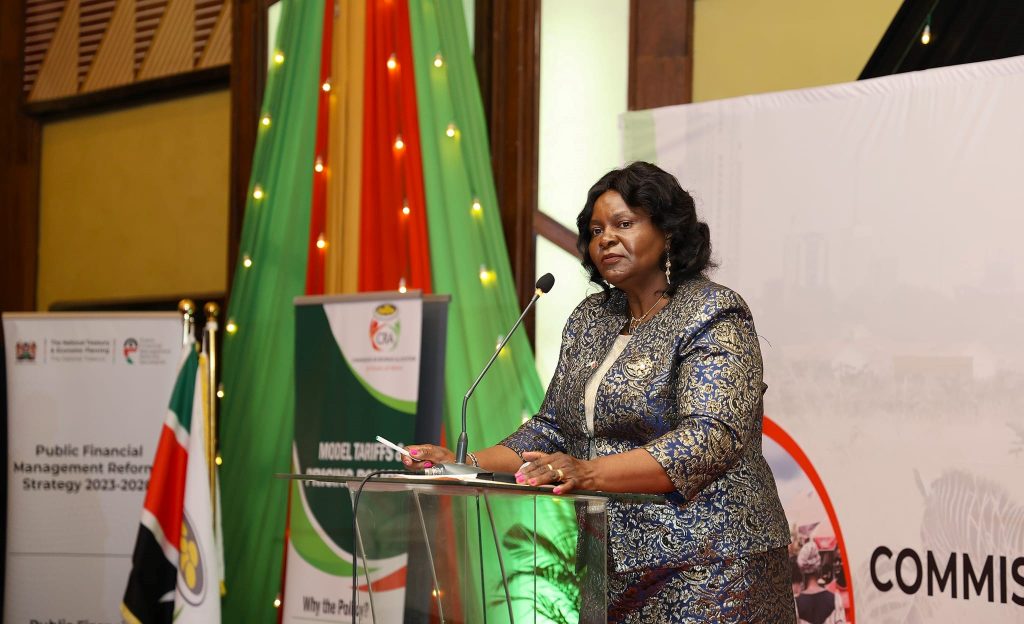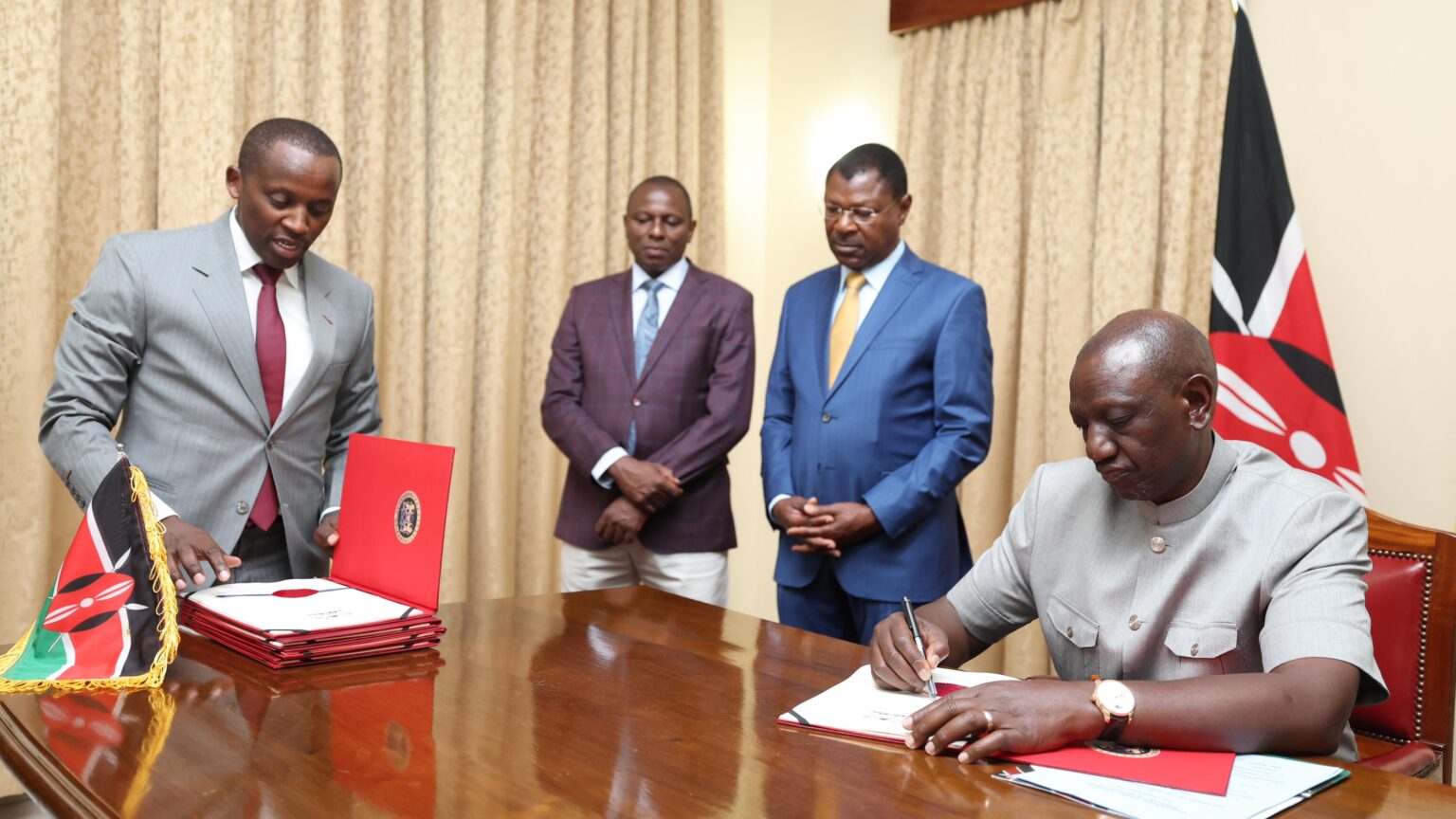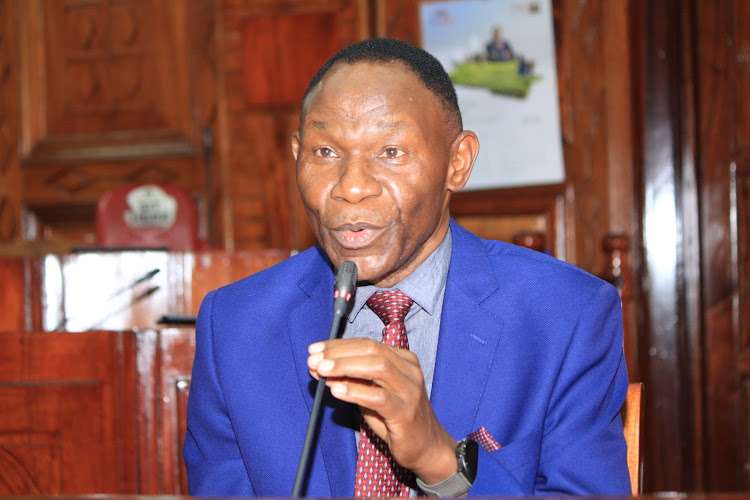Lawmakers criticised the CRA for failing to address the persistent mismanagement of funds in some counties. They questioned why the proposal did not include mechanisms to ensure prudent financial management, suggesting that counties with a history of inefficiency should receive reduced allocations to enhance fiscal responsibility
A group of Senators is urging the Commission on Revenue Allocation (CRA) to reassess the Fourth Basis Formula for revenue distribution among the 47 devolved units, citing inequitable resource allocation. In what appears to be a struggle between the ‘haves and have-nots’, Senators from counties set to lose funds under the proposed formula have questioned the CRA’s methodology, branding it ‘unfair’.
During a heated debate at the ongoing Senate retreat yesterday, these Senators categorically stated that they would not endorse any formula that results in financial losses for any county. They also expressed dissatisfaction with several elements of the proposal presented by CRA Chairperson Mary Wanyonyi, arguing that introducing a new revenue-sharing formula was unnecessary, particularly when the previous one had not been fully implemented.
Furthermore, lawmakers criticised the CRA for failing to address the persistent mismanagement of funds in some counties. They questioned why the proposal did not include mechanisms to ensure prudent financial management, suggesting that counties with a history of inefficiency should receive reduced allocations to enhance fiscal responsibility.
The Fourth Basis Formula for revenue sharing among county governments will determine the allocation of resources from the 2025–26 financial year to 2029–30. Under the proposed formula, 31 counties will receive a lower revenue share, while 16 others will gain, sparking significant discontent. Counties such as Baringo, Bomet, Busia, Embu, Homa Bay, Kakamega, Nairobi, Narok, Nandi, and Nakuru are among those facing reductions in allocation.
Nyamira Senator Okong’o Omogeni dismissed the formula as unfair, arguing that it would hinder counties from effectively executing their functions. “If you introduce a formula that reduces funding for some counties and denies them the ability to perform their functions, then that is not a formula that deserves the Senate’s support,” stated Omogeni.
He further highlighted disparities in the allocation, noting that while the total additional funds amount to Ksh30 billion, Ksh7 billion is allocated to just four counties—Wajir, Mandera, Garissa, and Marsabit—which he deemed highly inequitable.
Kirinyaga Senator James Murango warned the Mary Chebukati-led Commission not to expect parliamentary approval for a formula that disadvantages some counties. “The Senators whose counties are losing funds are opposing it, while those gaining are in support. That is understandable,” he remarked.
Murango, who also chairs the Senate Agriculture Committee, likened the situation to a doctor prescribing milk, eggs, and pork sausages to a patient. “The cow gives milk and walks away. The hen lays eggs and leaves. But when it comes to the pig, it must die for the sausage to be made,” he quipped.
Nairobi Senator Edwin Sifuna opposed any reduction in county allocations, vowing to resist any proposal that led to financial losses. “I will not support any formula that causes Nairobi or any other county to lose funds,” he emphasised.
Mandera Senator Ali Roba underscored the necessity of allocating more funds based on the significance of county functions. “Counties handle essential devolved functions. There must be a marginal increase in resources directed to them,” asserted Roba, who chairs the Senate Finance and Budget Committee.
However, Elgeyo Marakwet Senator William Kisang urged his colleagues to support the proposed formula in the interest of marginalised counties. “For the past 13 years, around 10 counties have only been able to pay salaries, with no development. This formula was meant to address that,” noted Kisang.
Senate Majority Leader Aaron Cheruiyot (Kericho) urged the Senate Finance Committee to scrutinise the proposal thoroughly and provide accurate data to facilitate an informed decision in Parliament.
He stressed the need for evidence-based discussions, calling on the committee to critically examine key areas of the formula.





